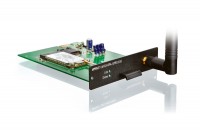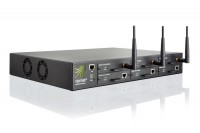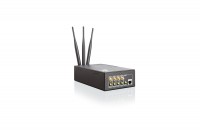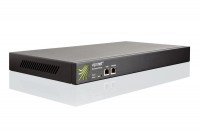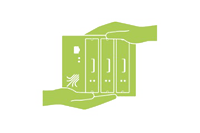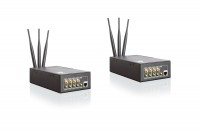Unbelievable, what bonding DSL, UMTS and LTE makes possible
Online worldwide
As a world-class spice manufacturer, the Moguntia Food Group dares the difficult balancing act between tradition and modernity. Corporate ethics and quality standards are time-honored, while recipes and production technology are state-of-the-art. In order to remain competitive at all times, the Moguntia Food Group invested in its corporate network at an early stage in order to be able to connect all locations via terminal servers. This also enables central production control, which in turn requires a highly secure, round-the-clock Internet connection. For this purpose, the Moguntia Food Group turned to Viprinet.
Live Broadcasting from Everywhere
In the broadcasting industry, ISDN connections have been used for years for setting up reliable audio connections. Many broadcasters are hesitating to move replace their well-known and stable solution, mainly out of fear of quality problems when relying on poor broadband connections, as well as whether the connection happens to drop. Low bandwidth and packet loss as associated with mobile connections will have a strongly negative effect on the quality of the audio transmission, and reduce the joy of listening to the radio. To prevent that, Qmusic, one of the leading Dutch commercial radio stations with about 2.5 million people weekly tuning in, deploys a Viprinet WAN bonding solution for all their offsite broadcasting. They use Viprinet technology to bond several 4G mobile phone networks to get a solid audio connection to their studio in Amsterdam. Here’s why and how:
Rapid Aid For Stroke Patients
Time is vital for stroke patients, in order to minimize long-term medical consequential damages. It is therefore of greatest importance for stroke patients that all therapeutic medical procedures start as early as possible. Preferably in the ambulance while it is already on its way to the hospital. The German Federal Ministry of Education and Research sponsored a development project of the so-called ASTER – Acute Stroke Telematics Platform for Ambulances for which Otto von Guericke University Magdeburg in cooperation with Johanniter Unfallhilfe jointly developed an ambulance. All important devices may now be controlled via a single web-based user interface. This enables the transmission of diagnostic information including live video images directly to the medical experts. Emergency patients may be pre-registered at the desired hospital and in addition, an exchange between the location of the hospital and the situation on the streets is enabled via a fleet control system.

